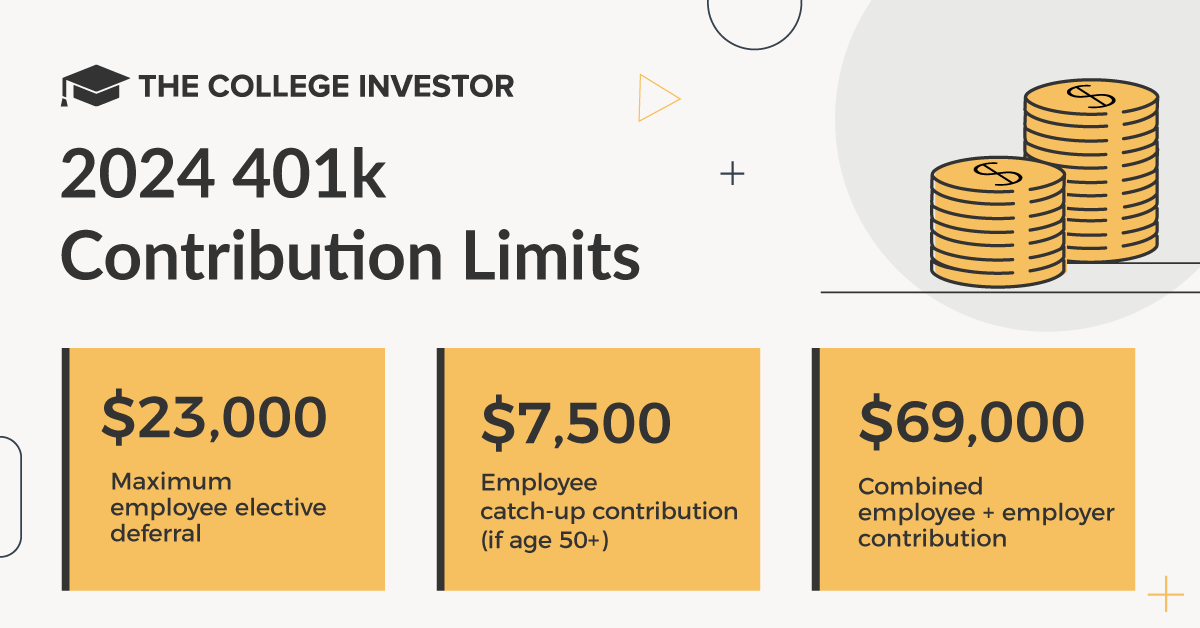
It's a New Year! Taxes are starting. You hopefully have a clear outlook on your financial picture for the next few months at least.
Barring any major life events, now’s the perfect time to start boosting your savings and really kicking your financial plan into overdrive.
Whether you’re looking to get out of debt, or are trying to maximize your investments, here are five tips to boost your savings that you probably haven’t thought of yet.
1. Use A Hybrid Checking/Savings Account
You probably have a checking account right now. You might also have a savings account. But what if you could get all of the benefits of a savings account (i.e. higher interest) in a single checking account?
That’s what high interest checking accounts are all about. It’s a checking account, but it has a high interest rate!
Now, you can get the benefits of a savings account with the convenience of a checking account. You don’t have to worry about having one account for transactions and another to earn interest.
Plus, the interest is nothing to scoff at! You can earn up to 5% interest on your money!
This is a great way to boost your savings because you can earn more money than you could in a normal checking account.
Some popular picks include:
2. Do A Teardown Of Your Recurring Monthly Expenses
One of the biggest ways to boost your savings is to teardown your budget and assess your recurring monthly expenses. Your recurring expenses are typically the ones that eat away most of your extra money - and believe it or not - you likely have the most control over.
And one of the scary things about monthly recurring expenses is that most people never bother looking at them once they start.
Here are some common recurring expenses where you might be able to save a lot of money:
If you still don’t know where to start with cutting your expenses, check out this video on how I’ve saved over $500 per month from my budget:
3. Increase Your 401k Contribution
One of the easiest ways to boost your savings is to simply increase your 401k contribution. While it’s typically really easy to do (you just login to your employer’s website or tell your HR representative) - it can be an emotionally hard decision.
Remember, though, that your 401k contribution is pre-tax. So, when you boost your savings, you’ll also pay less in taxes. As such, the increase won’t reflect so big on your paycheck.
Another way to boost your savings is to simply put any raises or bonuses you receive at work into your 401k, up to the 401k contribution limits.

4. Maximize Your Cash Back For What You Already Do
No matter how frugal you are, you’re already spending some money each month. Why not get rewards and cash back for the spending you already do. This can add up to $100s per year in extra money that you can use to achieve your financial goals.
Some of the best cash back credit cards allow you to get upwards of 2% cash back that can be deposited into a bank account or brokerage. Hint: Fidelity Cashback Rewards.
For a checking account, Discover Bank Cashback Debit allow you to earn 1% cash back into your checking account on your first $3,000 in purchases each month.
The key to maximizing your cash back is to put as much as possible onto the card, and then pay off the balance in full each month like a debit card.
This does two things for you:
- By putting it all on the card, you maximize the cash back you can earn each month.
- By leaving your money in your bank account until you pay off the balance in full, you can potentially earn more interest on that money.
Check out some of the best cash back cards here, and see if it makes sense for you.
5. Start A Side Hustle
Finally, one of my favorite ways to boost your savings is to simply earn more money. Earning more money is the best way to achieve your financial goal - whether that’s getting out of debt or by boosting your savings.
The reason is simple - while budgeting is important, you can only cut so much from your expenses. However, the power to earn is limitless - there is no upper limit to how much you can earn each month.
There are so many ways to earn extra money. You can start at your employer and simply focus on working extra hours or working overtime. You could get a second job and work nights and weekend.
You could take advantage of the gig economy and start driving for Uber or Lyft, delivering for Doordash, or even renting out a room in your house on AirBnB.
The bottom line is that there are so many ways to earn extra money. And you can use that extra money to boost your savings this year.
If you don’t have a great idea, check out this list of 50+ ways that you can earn money on the side.
Final Thoughts
Now’s the perfect time to really add momentum to your money. Look at these five strategies to boost your savings this year and take your personal finance game to the next level.
Let us know what strategies you love to boost your savings!
Editor: Clint Proctor Reviewed by: Chris Muller
The post 5 Ways To Boost Your Savings In 2024 appeared first on The College Investor.

